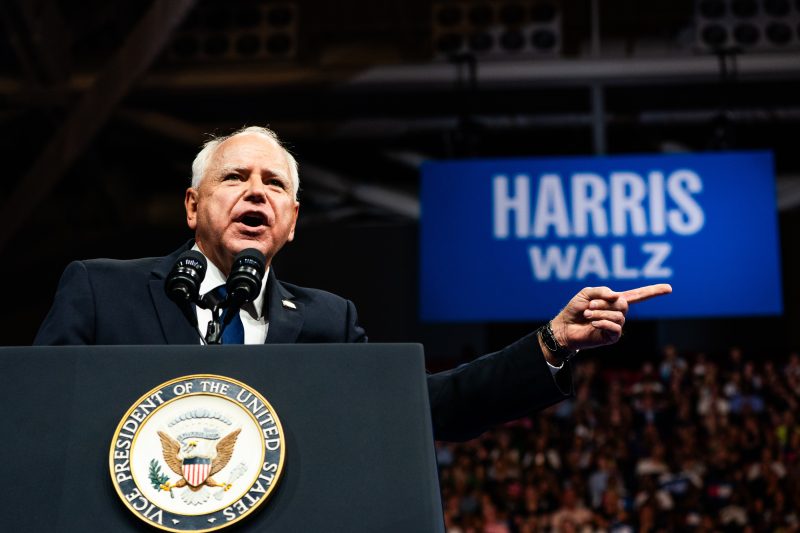In recent years, China has become a focal point of global politics, economics, and trade. The relationships between different countries and their leaders regarding China have become complex and scrutinized. One such personality is Tim Walz, a prominent figure in American politics who has had a long history with China, as documented over the years. Walz’s stance on China has been subject to scrutiny, with some questioning his alignment with Chinese interests.
Walz’s connections with China date back to his early days, with reports indicating that he was among the congressional delegation that visited China in 2009. This visit aimed to foster better relations between the two nations and open up channels for collaboration in various sectors. While such initiatives are common in diplomacy, they have also drawn criticism from those wary of China’s growing influence on the global stage.
However, it is essential to consider the context in which these interactions took place. China, being a major player in the global economy, holds significant sway in various international matters. Engagements with Chinese officials or visits to the country do not necessarily indicate a pro-China stance. Diplomatic relationships often involve dialogue and negotiation to address mutual interests and concerns, and Walz’s engagement with China may have been part of these efforts.
Moreover, it is crucial to differentiate between personal relationships and political allegiances. While Walz may have engaged with Chinese officials in the past, it does not mean that he aligns with all of China’s policies or practices. In today’s interconnected world, global leaders often interact with counterparts from different countries to address shared challenges and foster cooperation. These interactions do not necessarily imply favoritism or bias towards a particular nation.
Critics of Walz’s history with China must also consider the broader implications of diplomatic engagement. Building relationships with other countries, including China, can lead to positive outcomes such as enhanced trade opportunities, cultural exchanges, and collaborations on critical issues like climate change and global health. As a public official, Walz likely views such engagements through the lens of diplomacy and international cooperation rather than as a partisan endorsement of China’s government.
In conclusion, while Tim Walz has a long history with China, it is essential to approach this issue with nuance and context. Diplomatic interactions between leaders of different nations are a regular part of global politics and do not always signify allegiance or compromise of values. As the world continues to grapple with complex geopolitical dynamics, fostering dialogue and understanding among nations remains crucial for addressing shared challenges and building a more connected global community.

